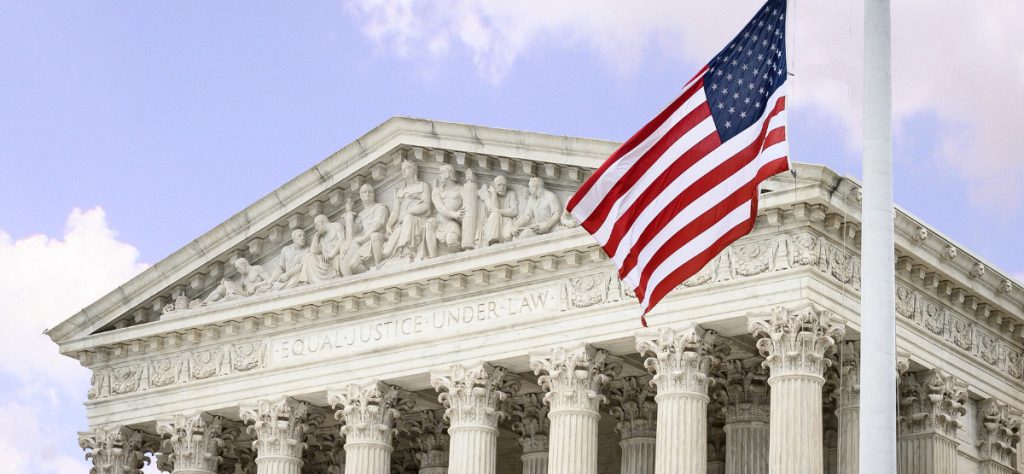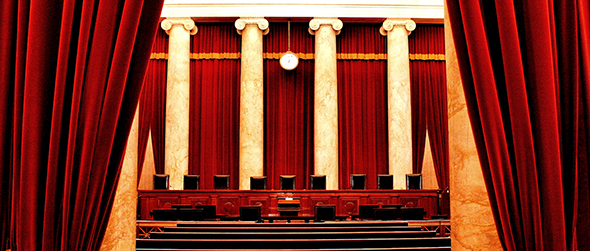Last month, in a 6 to 3 decision, the U.S. Supreme Court overturned the “Chevron Deference” doctrine. The Chevron Deference is a principle of administrative law that has required courts to defer to how regulatory agencies interpret federal statutes (legislation passed into law). For nearly 40 years, this judicial precedent has been used to defend how federal agencies have interpreted federal law when writing and implementing regulations.
Anyone who spent time reading the Affordable Care Act (ACA) – and then its implementing regulations – understands the strength of the Chevron Deference doctrine. The ACA regulations are a prime example of the Tri-Agencies (DOL, HHS, and Treasury) “interpreting” the law – based, in part, on the lack of clear intent or direction in the law. (We all remember Nancy Pelosi’s now-famous quote speaking on the pending ACA legislation, stating that “we have to pass the bill so that you can find out what is in it, away from the fog of the controversy.”)
The Tri-Agencies passed regulations in an attempt to clear the fog and set compliance requirements – possibly beyond actual intent. In some cases, these regulations were promulgated via FAQ documents, creating a new term – “Regulation by FAQ.” This approach created great uncertainty among self-funded employers as they worked to comply with important regulations.
While the Justices stated that this decision was not intended to retroactively change current final regulations, it may well affect not only currently pending regulatory guidance, but how Congress writes and passes future legislation.
Why is this important to employer plan sponsors? Well, currently there are a few substantive proposed regulations that will greatly impact group health plans, including the proposed Mental Health Parity and Addiction Equity Act (MHPAEA) – rules adding burdensome compliance procedures. There are also regulations still to be proposed regarding the No Surprises Act, Transparency in Coverage rules, and Advanced EOB requirements. Now, without the Chevron Deference as a defense, regulations will be judged against the letter of the law, rather than the regulatory agency’s interpretation of the law.
While the outcome of these pending regulations is unclear, one thing is certain: This decision will require Congress to be far more specific as it proposes, writes, and passes new legislation. It will now have to be the language of the legislation that guides the regulators as they write interpretive regulatory guidance, not their own understanding of legislative intent – unless they wish to be subject to additional legal challenges without the protection of the Chevron Deference defense.


